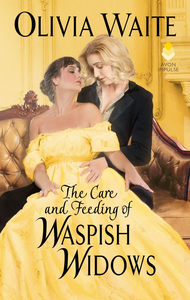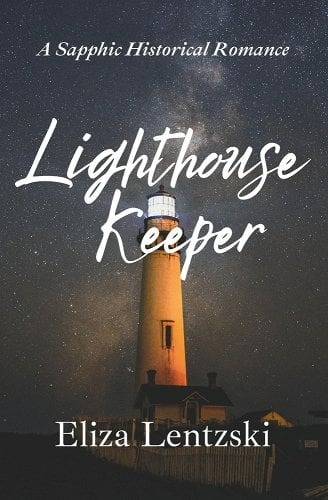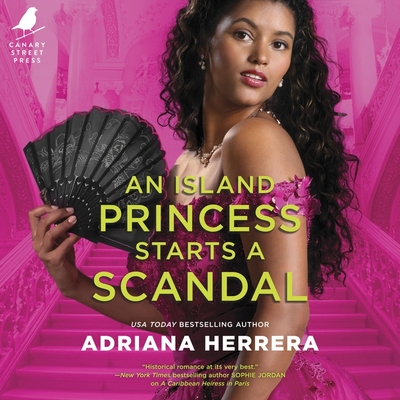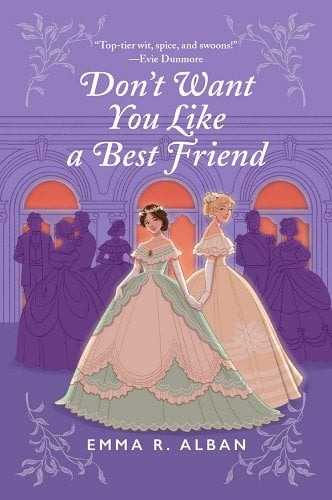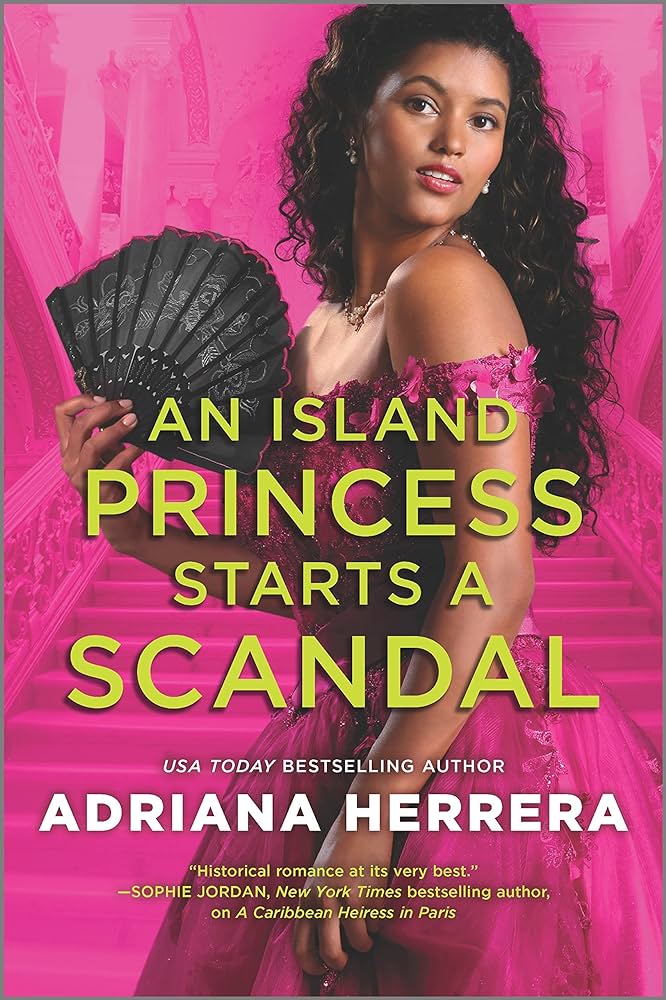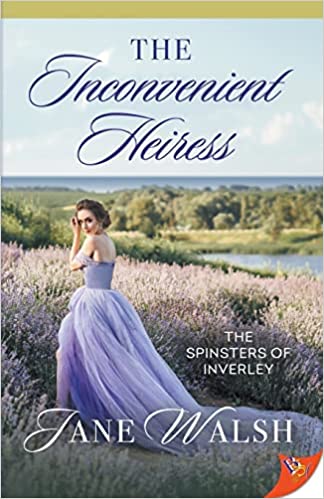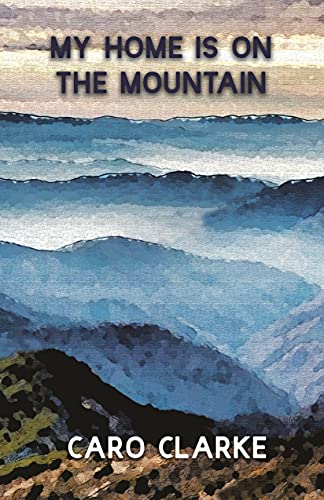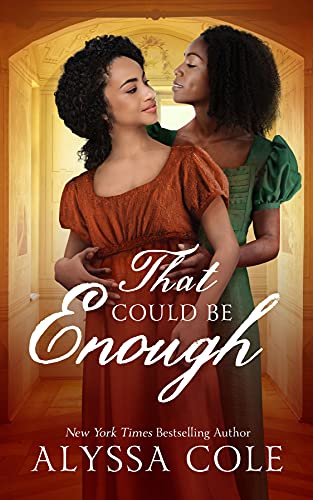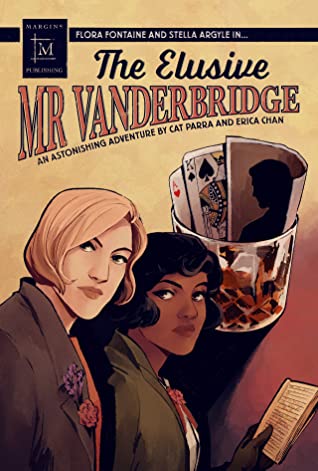Olivia Waite’s The Care and Feeding of Waspish Widows is the second book in her Feminine Pursuits historical romance series, and although they are connected loosely, one can easily start here. Waspish Widows centers on beekeeper Penelope and printer Agatha, two women in their 40s who form a deep friendship through caring for a colony of bees that happenedRead More
A Slow Burning Sapphic Historical Romance: Lighthouse Keeper by Eliza Lentzski
Buy this from Bookshop.org to support local bookstores and the Lesbrary! Historical sapphic romance—who knew that would be my “type”? Though it shouldn’t have been a huge shock, given that I love a good Western or a trek through the Alaskan Wilderness any day. I’ve noticed lately that some of my favorite historical fiction authorsRead More
A Swoony Historical Sapphic Romance: An Island Princess Starts a Scandal by Adriana Herrera
Buy this from Bookshop.org to support local bookstores and the Lesbrary! Manuela del Carmen Caceres Galvan wants to experience a final lesbian hurrah in Paris before she has to marry a rich man for her family’s security. Cora Kempf Bristol, Duchess of Sundridge, wants to secure her place in the business world by negotiating aRead More
A Sapphic, Victorian Parent Trap: Don’t Want You Like a Best Friend by Emma R. Alban
Buy this from Bookshop.org to support local bookstores and the Lesbrary! Pretty much as soon as I discovered Emma R. Alban’s Don’t Want You Like a Best Friend, I was excited to read it. From the frothy cover to the Taylor Swift lyric title (admittedly I don’t actually know Taylor Swift’s music well enough to recognize thatRead More
A Steamy Lesbian Historical Romance in France: An Island Princess Starts a Scandal by Adriana Herrera
Buy this from Bookshop.org to support local bookstores and the Lesbrary! “A person could live a lifetime in six weeks, Your Grace. Entire lives have been changed in less.” Picture this: it’s summer, your sunscreen is applied, and you’ve taken the day off to spend solo on the beach. You’ve already taken a dip inRead More
Kelleen reviews Patience & Esther by SW Searle
Amazon Affiliate Link | Bookshop.org Affiliate Link I don’t know why more people haven’t read this book. I don’t know why I never see this book discussed whenever folks are talking about historical romance, or graphic novels, or the greatest sapphic graphic novel historical romance (is that a genre?) novels ever crafted. To be honest,Read More
Kelleen reviews The Inconvenient Heiress by Jane Walsh
Amazon Affiliate Link | Bookshop.org Affiliate Link I have elected myself president of the Jane Walsh fan club that does not exist. I am painting us Lavender Menace-style t-shirts with stencils and foam brushes and I’ll order broaches on Etsy. I’ll wear a backwards baseball cap as my crown and shout my allegiance from theRead More
Nat reviews My Home is on the Mountain by Caro Clarke
Amazon Affiliate Link If I were going to throw a book down into the middle of a fray between Romance readers and Lit Fic lovers, it would be My Home Is on the Mountain by Caro Clarke. This novel is absolute proof that you can have it all. You do NOT have to choose. YouRead More
Cath reviews That Could Be Enough by Alyssa Cole
Mercy Alston is a servant to Eliza Hamilton — yes, that Eliza Hamilton — and most of her work consists of assisting Eliza with her research into preserving Hamilton’s legacy. Her life is boring, quiet, and predictable, and at this point she prefers it that way. She’s been burned too many times by letting herselfRead More
Susan reviews The Elusive Mr Vanderbridge by Cat Parra, Erica Chan, and Zora Gilbert
Clement Vanderbridge is acting suspiciously; he’s a well-known architect in prohibition-era New York and famously teetotal, but disappears every Friday night only to turn up smelling of alcohol and cigarettes. Fortunately, Stella Argyle and Flora Fontaine are on the case – reporters working for rival newspapers, competing for the scoop. Or, to put it anotherRead More
